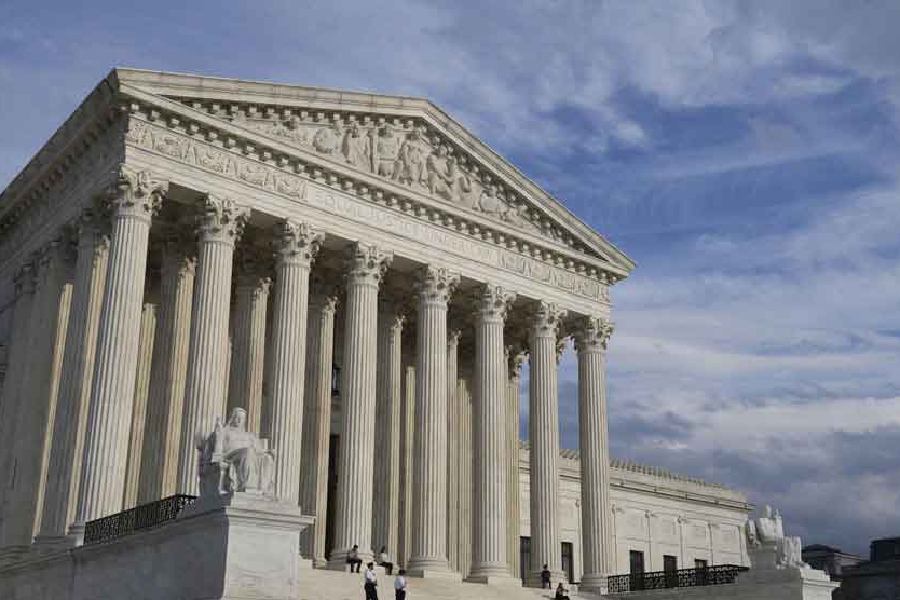Laws and policies in democracies are predominantly the domain of the elected legislature and the executive. Yet, in the United States of America, the Supreme Court appears to have taken on a mandate meant for people’s representatives — with worrying results. Over the past week, the top court in the US has rolled back several practices and policies aimed at addressing historical inequality and injustice. The judges overruled the decision by President Joe Biden to waive off student loans and declared the policy of affirmative action in college admissions unconstitutional. Taken together, these decisions are likely to have far-reaching consequences. At a time when America is more racially and ethnically diverse than ever before, its top-ranked colleges remain disproportionately white. While affirmative action and student loan waiver are not substitutes for deeper reforms that would make higher education more accessible, banning these initiatives will hurt black and brown students the most. That a conservative Supreme Court viewed affirmative action as discrimination in its decision — rather than an attempt at balancing the scales a little — shows a blindness to intergenerational privilege and to the disadvantages that people of colour have had to bear across generations. When some start a race far ahead of others, seeking an identical finishing line cannot be a definition of merit.
The court orders came almost a year after the judges struck down a decades-old verdict making abortion legal across the country. Since then, many Republican states have introduced barriers to or complete bans on abortion, forcing vulnerable women to either travel hundreds of miles to other states for help or to employ unsafe measures. Again, it is the poorest women — without the resources to take leave from work to travel — who are suffering the most. Meanwhile, the top court of the US has also declared that businesses are free to discriminate against LGBTQ job applicants even in states where laws specifically prohibit such bias. Polls suggest that the US Supreme Court’s decisions do not enjoy broad support in the country, which adds up when the US’s changing demographics are considered. Yet, that does not matter because judges are not accountable to popular opinion, voters and, in the case of the US — where Supreme Court justices can serve for life — even age. The recent judgments of the US Supreme Court should serve as a warning to all democracies of the perils of judicial overreach.











